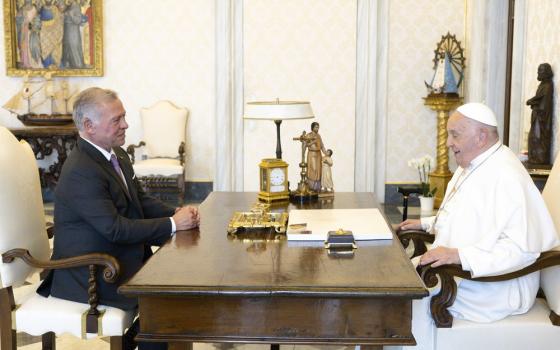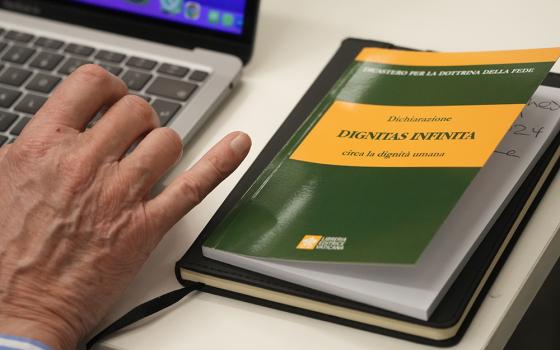Joe Carter has written an interesting piece on the Acton Institute Power Blog.
It is interesting because it focuses on the fallibility of the financial community.
If you spend any time watching the financial cable networks during the day, you will hear a great deal of pontificating on the value of the free-market system. It will be made clear over time that those who criticize any aspect of capitalism, including Pope Francis, simply don't have the knowledge base or understanding to know what they are talking about. In short, critics are simply not smart enough to understand the glories of our financial system and how it would work perfectly if left alone.
Carter calls on Megan McArdle's writing, utilizing her phrase "corporation theology." McArdle's concept seems to lend credence to the point I made in the previous paragraph. The idea seems to be that if a corporation is doing something, it must be right, and it must be profitable. McArdle gives the example of Wal-Mart's recent increase in their minimum wage. The consensus is it must be profitable, or Wal-Mart wouldn't be doing it. Yet the truth is it might be, or it might not. We just don't know.
Carter goes on to call this idea the heresy of corporate theology. He points out that corporations do things that are wrong all the time. Companies that have been considered among the best have failed, such as Circuit City. The quasi-religious belief that corporations know what they are doing affects people on both the left and the right. Liberals might assume that fast-food companies advertise to children to increase sales in that group. But are there studies that prove that to be the case?
For Carter, the issue seems to be the difference between being pro-market and pro-business. He seems to continue to believe that the market is always right, but businesses are just as prone to making mistakes as anybody else. That may be a step in the right direction, but it does not go far enough.
Why is it that the market is always right? What version of history are the financial experts looking at that would support such a view? Unfettered capitalism has resulted in depression and recession. Additionally, as the Industrial Revolution showed, capitalism left to its own devices had no problem with child labor, sweat shops, low wages, and human misery. Maybe the economics of Pope Francis in Evangelii Gaudium may prove to be a better guide for business and for all of us.








